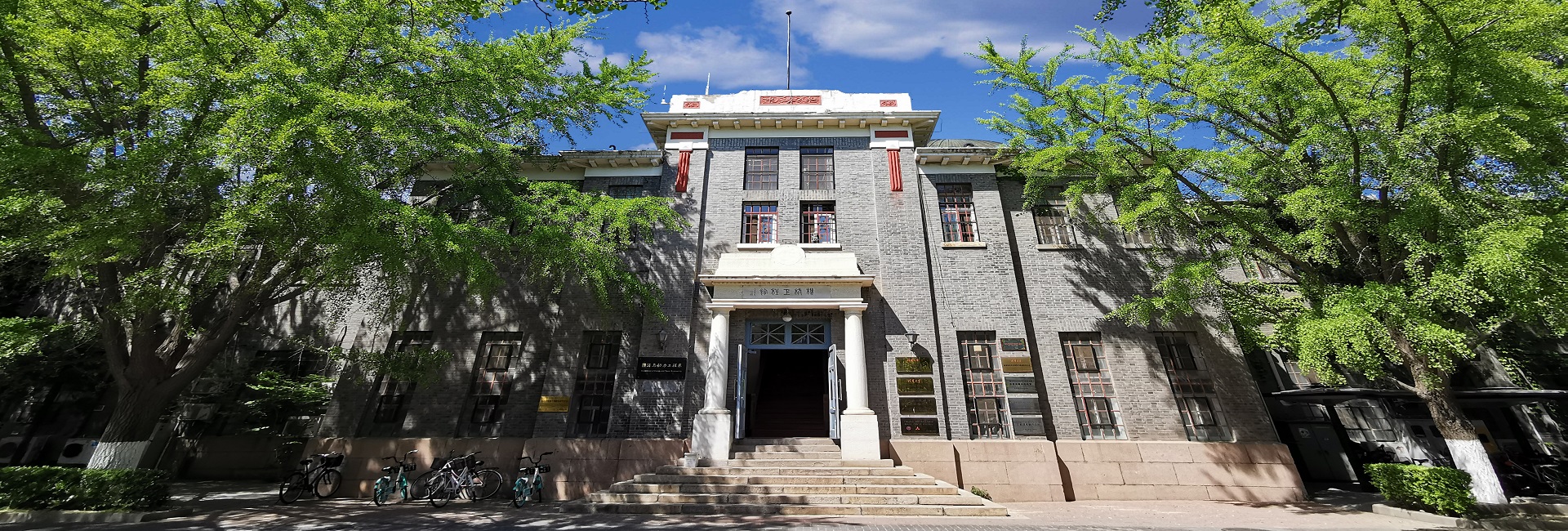报告题目:杏福娱乐清洁能源讲坛系列学术报告之二十一:Solid Oxide Fuel Cells – Challenges in Development from Science to Technology and Industrialization
报 告 人🧗🏼:Niels Christiansen🚀,NCCI公司法人
报告时间:2015年9月14日,15:00
报告地点🌦:热能系系馆报告厅
邀 请 人:韩敏芳教授
Abstract:In new energy technologies the solid oxide fuel cells (SOFC) offers interesting combinations and advantages such as high system efficiency and co-generation networking capabilities even for small capacities and also at part load operation including further possibilities of scalability. SOFCs run on natural gas or syngas that is reformed directly within the cell rendering the conversion process highly efficient. Intensive R&D activities have been carried out for more than 20 years, especially in the academic world supported by substantial national and international funding. The SOFC technology is now moving from a research and test phase into industrial demonstration. An enormous fundamental knowledge platform and a large number of promising scientific results have been obtained through the many years of worldwide fuel cell R&D.
However, it is notorious that development, optimization and construction of cells, stacks and systems are more complex, than most companies originally envisaged. A number of serious critical technical as well as cost issues still remain to be further developed in order to pave the way for a sustainable commercial break through whether for stationary applications or in the mobile and auxiliary segment. To be competitive, the fuel cells need to be further technical/economical optimized not only regarding materials and manufacturing cost but also with respect to lifetime and reliability. An integrated innovation approach that builds upon combination and synergy between optimal material solutions, design solutions and manufacturing processes with a basis in an effective R&D platform and strong collaboration networks has the potential to lead to innovative product breakthroughs.
Attention to reliability and robustness of SOFC cells and stacks is increasing as the technology moves from laboratory and pilot scale to demonstration at real operation conditions. Metal supported cells are expected to offer several potential advantages due to higher tolerance toward internal temperature gradients and temperature shock. Furthermore, the metal supported SOFC concept is expected to yield improvements in cell material cost, component handling and stack assembling and offers several new perspectives regarding novel cell and stack designs.
Interconnects materials featuring low Cr evaporation and improved corrosion resistance have been provided by thin film coating Fe-22Cr strip steels with Co and Co/Ce. Furthermore, thin film deposition has be used to improve the function of diffusion barrier layers in the cells. Cells with new and improved materials for the electrodes as well as for the electrolytes exhibit low ASR at temperatures below 700 oC. Stable and improved electrodes are obtained by nano-infiltrated structuring. Improvement of corrosion resistance of the metallic support structure for metal supported cells are obtained by oxide infiltration. Chemical and physical properties of next generation cells and stack have been modelled and simulated by European R&D partners in two EU collaboration projects. System concepts with increased electrical efficiency have been developed and demonstrated.
Resent progress and challenges in the next generation SOFCs including the metal supported concept will be discussed, and a worldwide status within this field will be presented.
报告人简介:
Niels Christiansen graduated from the Danish Technical University in 1978 with a Master of Science in material science and chemical engineering. He had a position as project manager and consultant at the Danish Technological Institute on advanced materials in product development until 1988. Subsequently Niels Christiansen worked as a Post Doc at Rutgers University, New Jersey on bio-ceramics. In 1984, he founded the Danish Ceramic Society as a collaboration programme between the Danish Technological Institute, the Danish Technical University and Ris? National Laboratory.
In 1989, he became project manager and group leader of the fuel cell development at HaldorTops🦋🧔🏽♂️?e A/S and founded the collaboration consortium between Ris? (DTU) and HaldorTopsoe A/S on Solid Oxide Fuel Cell (SOFC) science to technology. Niels Christiansen became department manager for radical innovation projects including fuel cells, advanced ceramic materials and processing, ceramic superconductors, gas and liquid separation membranes and synthesis of advanced ceramic powders. Simultaneously he functioned as coordinator of various industrial collaboration projects within the Danish Center for Advanced Technical Ceramics.
Niels Christiansen has been responsible for Topsoe’s participation in several Danish and international EU projects on development of Solid Oxide Fuel Cells (SOFC). With the establishment of Topsoe Fuel Cells A/S in 2004, he became responsible for SOFC R&D and innovation. He initiated international collaboration with leading European partners on next generation SOFC, and worked as coordinator and integrator through EU projects. Niels Christiansen has been member of the board of the Danish Society for Hydrogen and Fuel
Cells. He has been member and chairman of scientific boards at international conferences on Fuel Cells. He is the inventor of 16 patents on solid oxide fuel cells, ceramic separation membranes and other material specific issues and has published and presented advances in SOFC development over more than 20 years worldwide. Until October 2014, Niels Christiansen had the position of CIO at Topsoe Fuel Cell A/S with responsibility for innovation on solid oxide fuel cells until October 2014. By October 2014, Niels Christiansen became independent consultant and owner of NCCI innovation.
